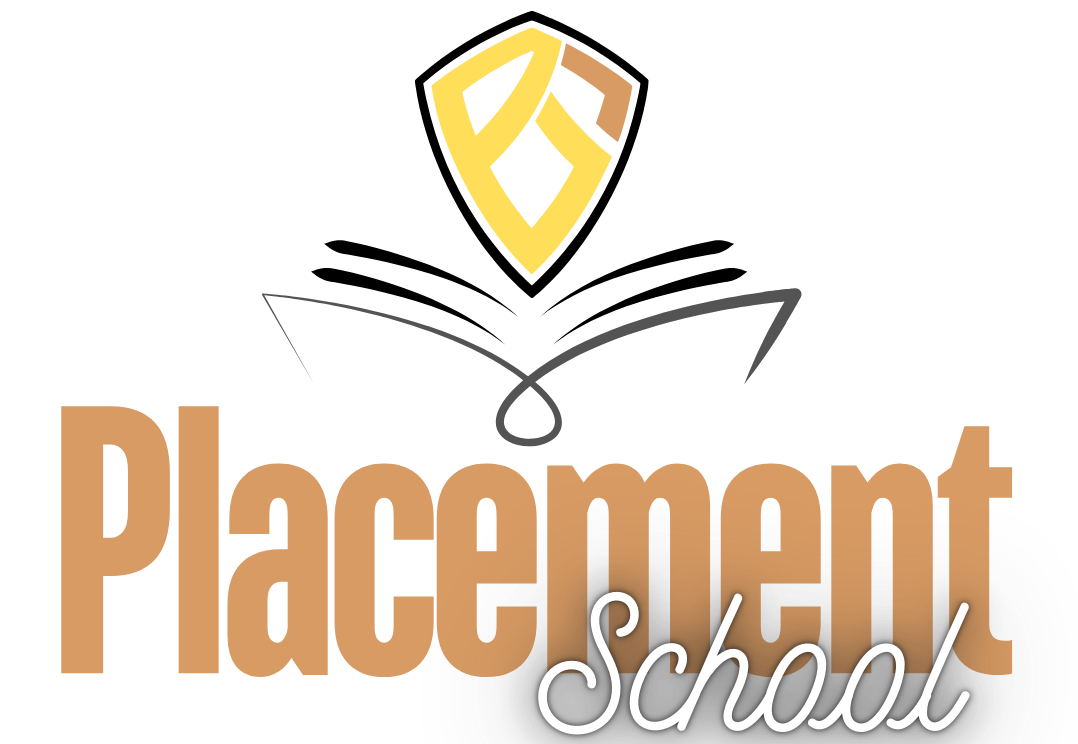Advanced Diploma in Strategic HR Leadership
A Diploma in Human Resources prepares students for careers in managing and developing an organization’s workforce. The program covers key areas like recruitment, employee relations, performance management, and labor laws. Graduates are equipped to handle HR functions in various industries, ensuring effective employee management and organizational success.
What you'll learn
1. HR Fundamentals
- 1.1 Overview: Definition and importance of HR management.
- 1.2 Functions: Core HR functions (recruitment, training, performance management).
- 1.3 Roles: HR’s role in organizational strategy and development.
2. HR Practices and Policies
- 2.1 Recruitment: Hiring processes and strategies.
- 2.2 Training: Employee development and training programs.
- 2.3 Performance Management: Evaluation and feedback mechanisms.
3. HR Compliance and Ethics
- 3.1 Legal: Understanding employment laws and regulations.
- 3.2 Ethics: Ethical practices in HR management.
1. Recruitment Fundamentals
- 1.1 Overview: Stages of the recruitment process.
- 1.2 Job Analysis: Defining roles and responsibilities.
- 1.3 Job Descriptions: Creating clear and accurate job descriptions.
2. Sourcing and Attracting Candidates
- 2.1 Sourcing Strategies: Using job boards, social media, and networks.
- 2.2 Advertising: Crafting effective job advertisements.
- 2.3 Employer Branding: Attracting candidates through company image.
3. Selection and Hiring
- 3.1 Screening: Reviewing applications and shortlisting candidates.
- 3.2 Interviews: Conducting structured interviews and assessments.
- 3.3 Hiring: Making job offers and onboarding new employees.
1. Selection Process Overview
- 1.1 Stages: Key stages of the selection process (application review, screening, interviewing).
- 1.2 Criteria: Establishing selection criteria and benchmarks.
2. Evaluation Techniques
- 2.1 Screening: Techniques for initial candidate screening and shortlisting.
- 2.2 Interviews: Conducting effective interviews (structured, behavioral).
- 2.3 Assessments: Using assessments and tests to evaluate candidate skills and fit.
3. Making the Decision
- 3.1 Decision-Making: Comparing candidates and making informed decisions.
- 3.2 Offers: Extending job offers and negotiating terms.
- 3.3 Onboarding: Preparing for successful onboarding and integration.
1. Training Principles
- 1.1 Fundamentals: Key principles and goals of training and development.
- 1.2 Needs Assessment: Identifying training needs and objectives.
- 1.3 Learning Theories: Understanding adult learning theories and their application.
2. Designing Training Programs
- 2.1 Curriculum Development: Creating training content and materials.
- 2.2 Methods and Techniques: Selecting appropriate training methods (e.g., workshops, e-learning).
- 2.3 Delivery: Effective delivery techniques and facilitation skills.
3. Evaluating Training Effectiveness
- 3.1 Assessment: Methods for evaluating training outcomes and effectiveness.
- 3.2 Feedback: Collecting and analyzing feedback from participants.
- 3.3 Improvement: Making adjustments based on evaluation results.
1. Performance Management Fundamentals
- 1.1 Overview: Principles and importance of performance management.
- 1.2 Goal Setting: Setting SMART goals and performance expectations.
- 1.3 Planning: Creating performance plans and aligning with organizational objectives.
2. Evaluating Performance
- 2.1 Methods: Performance appraisal methods (e.g., self-assessment, 360-degree feedback).
- 2.2 Metrics: Defining and using performance metrics and KPIs.
- 2.3 Feedback: Providing constructive feedback and conducting performance reviews.
3. Improving Performance
- 3.1 Development: Identifying training and development needs.
- 3.2 Coaching: Techniques for effective coaching and mentoring.
- 3.3 Action Plans: Creating performance improvement plans and follow-up strategies.
1. Understanding Organizational Culture
- 1.1 Definition: What is organizational culture and why it matters.
- 1.2 Components: Key elements of culture (values, beliefs, behaviors).
- 1.3 Types: Different types of organizational culture (e.g., hierarchical, innovative).
2. Assessing Organizational Culture
- 2.1 Diagnosis: Methods for assessing current culture (surveys, interviews).
- 2.2 Analysis: Identifying cultural strengths and weaknesses.
- 2.3 Metrics: Using cultural metrics to measure and track culture.
3. Influencing and Shaping Culture
- 3.1 Leadership: Role of leaders in shaping and sustaining culture.
- 3.2 Change Management: Strategies for culture change and implementation.
- 3.3 Alignment: Ensuring culture aligns with organizational vision and goals.
1. Understanding Motivation and Retention
- 1.1 Motivation Theories: Overview of key motivation theories (e.g., Maslow’s Hierarchy of Needs, Herzberg’s Two-Factor Theory).
- 1.2 Retention Factors: Key factors that impact employee retention.
- 1.3 Job Satisfaction: Understanding the relationship between job satisfaction and retention.
2. Strategies for Employee Motivation
- 2.1 Incentives: Designing effective reward and recognition programs.
- 2.2 Engagement: Techniques for increasing employee engagement and morale.
- 2.3 Development: Providing career development and growth opportunities.
3. Enhancing Retention
- 3.1 Work Environment: Creating a positive work environment and culture.
- 3.2 Communication: Improving communication and feedback mechanisms.
- 3.3 Retention Programs: Developing and implementing employee retention programs and strategies.
Course description
This course covers the role of a human resource (HR) manager in depth. We begin by defining the eight core roles of human resources management (HRM) to establish the importance of a strategic HRM plan. We also review the key stages of the recruitment process and compare various recruitment strategies. We examine the selection process and compare different testing and selection methods.
The course then focuses on the instrumental role that training and development plays in the performance, motivation and retention of employees. We discuss the importance of performance appraisals and explain how HR professionals can manage poor employee performance. The course also illustrates how organizational cultures and strategies can affect ‘change processes’ within large and small institutions.
We then go through the professional processes and procedures for terminating the employment of staff who aren’t performing at expected levels. Lastly, the course discusses how to apply motivational theories, management styles and retention strategies to motivate and retain staff. This diploma course suits anyone interested in HR as a career and can also help HR professionals to enhance their skills. Employees play a crucial role in the success of any organization so sign up to learn how to get the most out of them.

- DURATION
6 Months
- TIME COMMITMENT
2 – 5 HOURSE PER WEEK
- PACE
SELF – PACED and ONE-to-ONE SESSIONS
- SUBJECT
ADVANCED DIPLOMA IN HUMAN RESOURCES
- COURSE LANGUAGE
ENGLISH/HINDI
- VIDEO TRANSCRIPT
ENGLISH
- DIFFICULTY
ADVANCE
- CREDIT
AUDIT FOR FREE ADD A VERIFIED CERTIFICATE FOR $99
- PLATFORM
Placement School
Instructors

Name of instructor
Lorem ipsum dolor sit amet, consectetur adipiscing elit. Ut elit tellus, luctus nec ullamcorper mattis, pulvinar dapibus leo.
